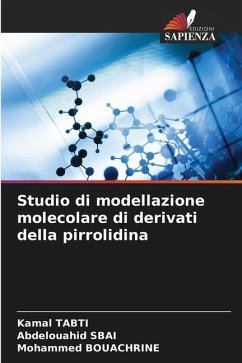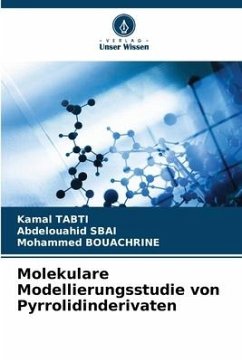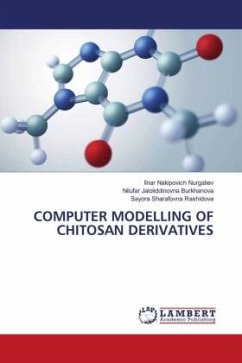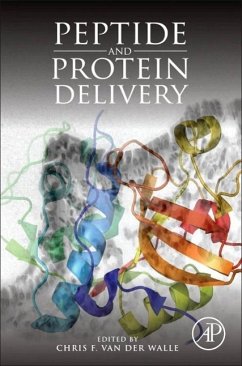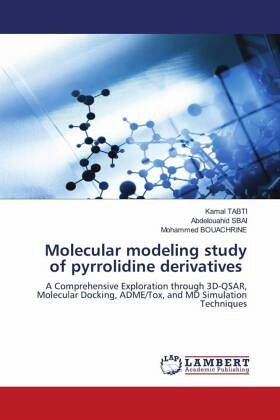
Molecular modeling study of pyrrolidine derivatives
A Comprehensive Exploration through 3D-QSAR, Molecular Docking, ADME/Tox, and MD Simulation Techniques
Versandkostenfrei!
Versandfertig in 6-10 Tagen
24,99 €
inkl. MwSt.

PAYBACK Punkte
12 °P sammeln!
In this study, researchers investigated the design of novel inhibitors for myeloid cell leukemia-1 (Mcl-1) using pyrrolidine derivatives. They employed three molecular modeling techniques, CoMSIA, CoMFA, and HQSAR, to generate models and analyze the inhibitory activity of Mcl-1. The models were visualized using contours and colored fragments, which provided insights into favorable and unfavorable contributions to the inhibitory activity of Mcl-1. Based on these results, the researchers designed four new compounds, which exhibited higher predicted inhibitory activity. To assess the suitability ...
In this study, researchers investigated the design of novel inhibitors for myeloid cell leukemia-1 (Mcl-1) using pyrrolidine derivatives. They employed three molecular modeling techniques, CoMSIA, CoMFA, and HQSAR, to generate models and analyze the inhibitory activity of Mcl-1. The models were visualized using contours and colored fragments, which provided insights into favorable and unfavorable contributions to the inhibitory activity of Mcl-1. Based on these results, the researchers designed four new compounds, which exhibited higher predicted inhibitory activity. To assess the suitability of these compounds for further development, ADME/Tox analysis and pharmacokinetic properties were evaluated. To understand the mode of interaction between the ligands and key residues in the protein binding site, molecular docking analysis was conducted. The researchers further validated their results through molecular simulations and binding free energy estimation (MMPBSA), which supported the docking results and demonstrated the stability of the compounds. Overall, these findings lay a strong foundation for the development of potent pyrrolidine-based inhibitors targeting Mcl-1.





